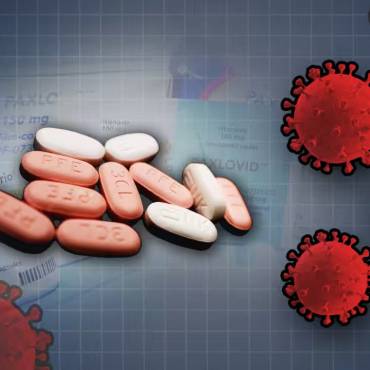There is a certain protective layer on the brain and spinal cord. The acute inflammation of these layers is known as Meningitis. Since it affects the brain and spinal cord, it can be life-threatening; this condition is classified as a medical emergency. Here we will discuss the meningitis symptoms and types, focusing on bacterial Meningitis, its causes, prevalence and treatment.
Understanding the general sign and symptoms of Meningitis
Signs of Meningitis start with a severe headache. Due to increased muscle tone and stiffness, the victim feels to flex the neck forward passively (Nuchal rigidity). The Triad of diagnostic symptoms includes sudden high fever, nuchal rigidity, and altered mental condition. Another common Meningitis sign is an intolerance to bright light and loud sound. Other symptoms are leg pain, abnormal skin colour, and cold extremities.
Types of Meningitis
One major Meningitis causes is microorganisms and types of Meningitis are based on the agents, which may be bacteria, viruses, fungus protozoa, etc., causes it hence given names accordingly like bacterial Meningitis, viral Meningitis, fungal Meningitis etc.
Viral Meningitis and its treatment
The viruses which mainly cause Meningitis include herpes simplex, virus type 2, enteroviruses, varicella-zoster virus, HIV, and mumps virus. Viral meningitis symptoms include fever, irritability, lack of energy, poor eating, and sleepiness or trouble waking up. Most viruses cause no specific treatment for Meningitis; only supportive therapy is required with conservative measures like fluid, bed rest, and analgesics; mild cases of viral Meningitis can be treated at home. Varicella zoster virus and Herpes simplex virus can respond to Antiviral drugs such as Acyclovir, but no clinical trial evidence exists to prove it.
Fungal Meningitis and its Treatment
Cryptococcal Meningitis caused by Cryptococcus neoformans is the most common fungal Meningitis. Other causative organisms of fungal Meningitis are Histoplasma capsulatum, Blastomyces dermatitidis, Coccidioides immitis and Candida species. Long courses of anti-fungal drugs like Amphotericin B, Flucytosine, etc., are used to treat fungal Meningitis.

Bacterial Meningitis
Most people who suffer from bacterial Meningitis recover, but it may result in serious complications like learning disabilities, brain damage and hearing loss.
In the United States, almost 4,100 cases of bacterial Meningitis were reported between 2003-2007 and approximately 500 deaths were reported annually due to Meningitis. The causative organisms of bacterial Meningitis may vary according to age group as Streptococcus, Escherichia coli, and Listeria monocytogenes is a common causative organism in newborns, Streptococcus pneumoniae, Haemophilus influenzae, Neisseria meningitidis type b in Infants and Children, Streptococcus pneumoniae, Neisseria meningitides in Adolescents and Young Adults, Streptococcus pneumoniae, Neisseria meningitides, Listeria monocytogenes in older adults.
Some of these bacteria spread through person-to-person contact like kissing or respiratory exchange mucous secretion but not all Meningitis causing bacteria may spread by this means.
Bacterial Meningitis: signs and symptoms
Major Bacterial Meningitis symptoms include nausea, vomiting, increased sensitivity to light, and mental confusion. Lack of alertness, vomiting, feeding poorly, abnormal reflexes, and soft spots on the head are common signs of bacterial Meningitis in infants.
Treatment of Bacterial Meningitis
As soon as the symptoms appear, empirical therapy should start with medicine. Generally third, generation cephalosporin like cefotaxime or ceftriaxone is used for this, but in some countries such as the United States, résistance to cephalosporin is found, so in addition, Vancomycin is preferred. However, chloramphenicol alone or in combination with ampicillin work equally well. This meningitis treatment is started according to the age of the person. For meningococcas, pneumococcus and Haemophilus influenzae type B infection, certain vaccination is scheduled, and to protect the child from bacterial Meningitis, these recommended vaccine schedules should be completed.
Generally, Meningitis is rarely seen in the population, but it is a serious health problem as the brain and spinal cord are involved, so it is better to be aware and protect yourself from infection. To prevent spinal Meningitis, take healthy and fresh food, maintain proper sanitation, and take necessary precautions to protect yourself from contact infection. Contact immediately to the doctor when you feel any symptom as sudden fever or severe headache.
Read More: 6 Essential Medical Tests for Preventive Care Every Adult Should Schedule After 30



